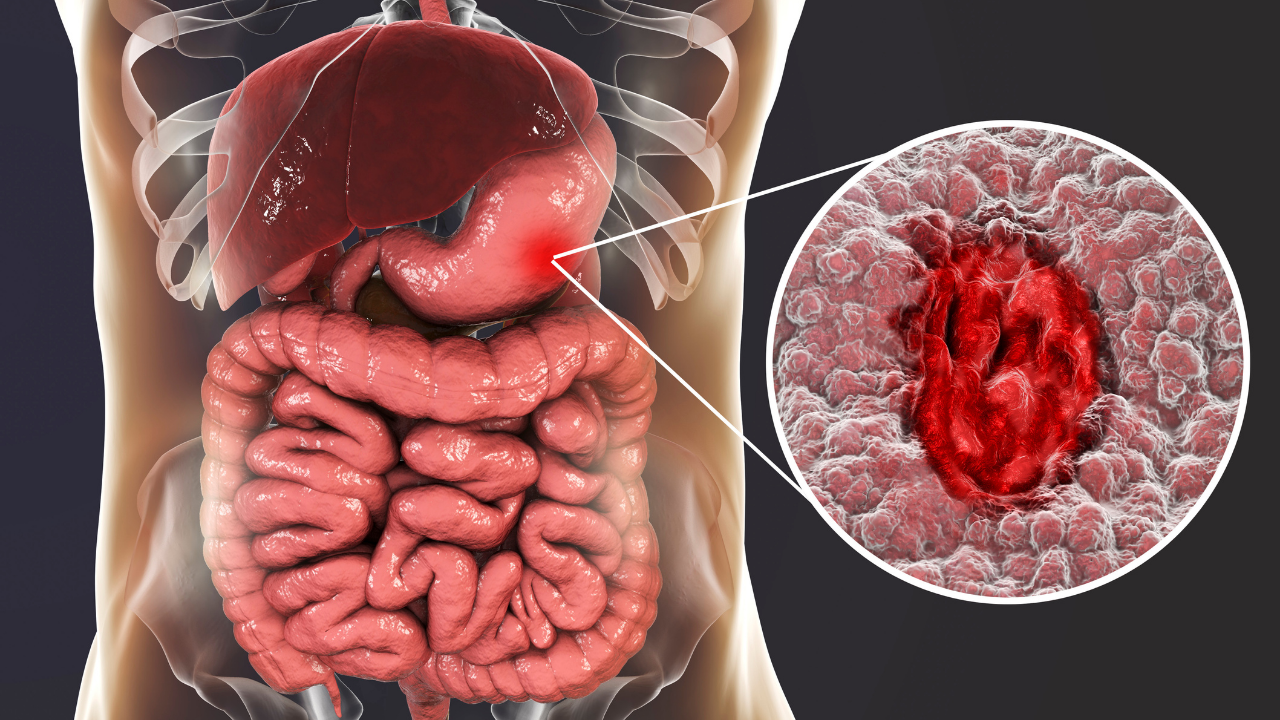Introduction
Struggling with obesity can feel overwhelming, especially when diet and exercise alone don’t deliver the results you need. For many, weight loss surgery becomes a life-changing solution. Two of the most popular surgical options are gastric bypass and gastric sleeve. But how do they work, and which is better for you? This guide breaks down both procedures, comparing their benefits, risks, and what you can expect on your journey to a healthier you.
Understanding Weight Loss Surgery
Weight loss surgery, also known as bariatric surgery, helps people lose significant weight by changing how the stomach and digestive system handle food. These surgeries are not quick fixes but powerful tools that, alongside lifestyle changes, can help you achieve lasting results.
Who Is a Candidate?
Generally, candidates for bariatric surgery have:
- A body mass index (BMI) over 40, or over 35 with obesity-related health conditions (like diabetes or high blood pressure).
- Tried other weight loss methods without long-term success.
- Commitment to long-term lifestyle changes and follow-up care.
Gastric Bypass Surgery: How It Works
Roux-en-Y gastric bypass is one of the most established weight loss surgeries. In this procedure:
- The surgeon creates a small pouch at the top of your stomach.
- This pouch is then connected directly to the small intestine, bypassing most of your stomach and the upper part of your intestine.
How does this help?
- You feel full after eating much less food.
- Your body absorbs fewer calories and nutrients, which leads to weight loss.
Benefits of Gastric Bypass
- Rapid and significant weight loss: Many patients lose 60–80% of their excess weight within 12–18 months.
- Improvement in obesity-related conditions: Such as type 2 diabetes, high blood pressure, and sleep apnea.
- Long track record: Decades of research show consistent, reliable results.
Risks and Considerations
- More complex surgery: Involves rerouting the digestive system, which increases the risk of complications.
- Potential for nutritional deficiencies: Because your body absorbs fewer nutrients, you’ll need lifelong vitamin and mineral supplements.
- Dumping syndrome: Eating sugary or fatty foods can cause nausea, diarrhea, and dizziness.
- Irreversible (in most cases): Although technically reversible, reversals are rare and usually not covered by insurance.
Gastric Sleeve Surgery: How It Works
Gastric sleeve surgery (sleeve gastrectomy) is a newer but highly popular option. Here’s what happens:
- The surgeon removes about 80% of your stomach.
- The remaining stomach is shaped like a banana or sleeve.
How does this help?
- You feel full much faster, so you eat less.
- The surgery also reduces hunger hormones, which can make sticking to a healthy diet easier.
Benefits of Gastric Sleeve
- Significant weight loss: Patients typically lose 60–70% of excess weight within 12–18 months.
- Simpler procedure: No rerouting of the intestines, which means fewer complications and a shorter surgery time.
- Lower risk of nutritional deficiencies: Since the intestines are not bypassed, absorption of nutrients is less affected.
- Faster recovery: Many patients experience a slightly quicker recovery compared to gastric bypass.
Risks and Considerations
- Irreversible: Part of the stomach is permanently removed.
- Risk of acid reflux: Some patients may develop or worsen gastroesophageal reflux disease (GERD).
- Potential for weight regain: Long-term success depends on maintaining healthy habits.
- Surgical risks: As with any surgery, there are risks of infection, bleeding, or complications.
Comparing Gastric Bypass and Gastric Sleeve
Deciding Which Surgery Is Right for You
Choosing between gastric bypass and gastric sleeve is a personal decision that should be made with your healthcare team. Here are some factors to consider:
- Current health conditions: Those with severe acid reflux may do better with bypass, while those worried about nutritional deficiencies might prefer the sleeve.
- Weight loss goals: Both surgeries offer dramatic results, but bypass may lead to faster initial weight loss.
- Lifestyle and preferences: Consider your ability to commit to lifelong supplements and dietary changes.
What to Expect After Surgery
Both surgeries require:
- Lifelong lifestyle changes: Healthy eating, regular exercise, and follow-up appointments are essential for success.
- Smaller meals: You’ll feel full quickly, so you’ll need to eat smaller, more frequent meals.
- Vitamin and mineral supplements: Especially important after gastric bypass.
- Ongoing support: Many find success by joining support groups or working with nutritionists.
Conclusion
Both gastric bypass and gastric sleeve surgeries are proven, effective options for those seeking lasting weight loss. Each has unique benefits and risks, but both can transform your health and quality of life when combined with healthy habits. The best choice depends on your personal health, goals, and preferences. Always consult with a qualified healthcare provider to explore your options and create a plan that’s right for you.
Ready to Take the Next Step?
If you’re considering weight loss surgery, talk to your doctor or a bariatric specialist today. Take charge of your health and start your journey to a happier, healthier you!






